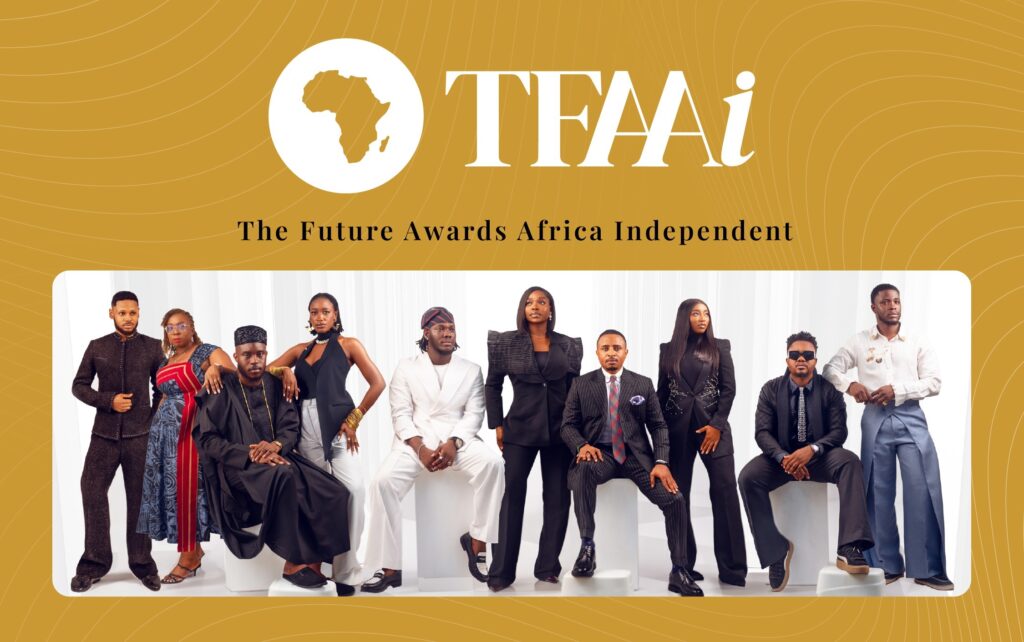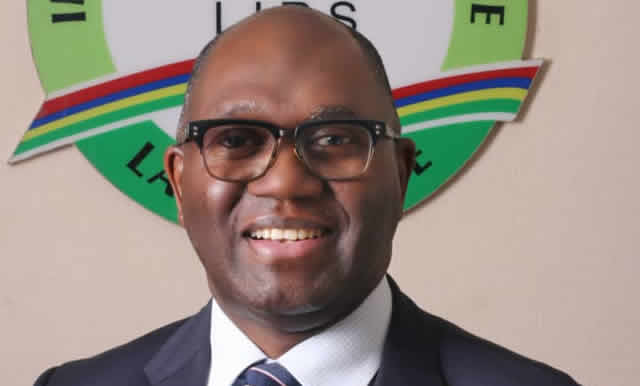
The management of the University of Lagos (UNILAG), Akoka, has said it will soon unveil a policy document on the ethical use of Artificial Intelligence (AI) in academic activities to “enhance critical thinking rather than fostering plagiarism and academic indolence.”
The institution’s Deputy Vice-Chancellor (Academics and Research), Professor Bola Oboh, stated this during the opening of a three-day workshop on ethics in higher education.
The “Intensive Training Workshop on Higher Education Ethics,” which was facilitated by a Fulbright Specialist Awardee and Deputy Ethics Officer at Texas A&M University, Central Texas, USA, Professor Russell Porter, was organised by the Office of International Relations, Partnerships and Prospects (IRPP) of the University of Lagos.
In her remark, Professor Oboh described the training as sacrosanct, even as she emphasised the importance of ethics in the tertiary education sector.
Speaking with journalists, she highlighted the university’s commitment to maintaining ethical standards, even as she revealed ongoing efforts to develop policy documents to address ethical concerns for artificial intelligence (AI) use in academic works.
The deputy vice-chancellor said the application of AI in academia is inevitable but insisted that academic institutions globally must ensure that the tools only aid the intellectual endowments of users and not disrupt quality academic standards.
She said: “If we say no to AI, we will just be deceiving ourselves. So, we have already started developing policies in that area as a university. In the next one or two months I’m sure the policy will be finally taken to the Senate for consideration.
“Whether we like it or not, our students are already using it, and some lecturers are also using it to check for plagiarised works. So we have made the students realise that while they can use AI, the idea of being able to think critically, using their thoughts and mind, should not be thrown away. It is when you just pick things online and dump them as received that it becomes a serious ethical problem.”
She assured that when the AI policy is finally adopted, it would enhance critical thinking rather than fostering plagiarism and laziness among staff and students.
Corroborating this, Professor Porter described the ethical considerations surrounding the use of AI and Machine Learning (ML) in research and academic work as a global concern.
He referenced a previous conference held at UNILAG where he discussed AI ethics and reiterated the importance of carefully implementing AI tools to avoid ethical and legal violations.
He acknowledged ongoing research works across the globe in this area and the need for continuous vigilance and adaptation.
Also speaking during one of the sessions, the Research Lead, Machine Intelligence Research Group (MIRG) in UNILAG, Babatunde Sawyer, a holder of PhD certificate and lecturer at the Department of Computer Science, addressed participants on Artificial Intelligence (AI) about its accountability, validity, reliability, explainability, security and privacy.
The workshop was held at the Arthur Mbanefo Digital Research Centre (AMDRC) of UNILAG, and the training, according to the university, is targeted at upscaling the knowledge of faculty members in ways and methods of proactive ethics as well as inculcating its indispensability in promoting standards while also driving excellent service delivery.
The programme, which is part of the expected output of Professor Porter’s scholarship award, was a presentation of the Proactive Ethics Programme (PEP), an initiative the scholar developed through his research works.
Through the PEP initiative, the workshop aims to equip the administrative and academic staff of the university with the necessary knowledge and frameworks to address ethical issues in higher education.
The workshop, according to the university, also provided “proactive ethics instruction to improve compliance and mitigate legal and ethical challenges” across administrative, financial, research, and academic sectors.
The scholar stressed the need for higher institutions to adopt “preventive measures rather than reactive responses to ethical challenges,” noting that the ethics framework could be structured to fit local contexts in Nigerian universities while ensuring adherence to global best practices.
According to the organisers, the workshop would allow participants to demonstrate an understanding of the broad field of higher education ethics within the framework of law and moral-individual perspectives; identify key ethical theories and ethical decision-making processes to mitigate compliance issues, as well as other higher education ethical issues, and develop an ethics-based method to proactively prevent legal issues.
The participants are also expected to be able to synthesise how higher education ethics contribute to improved education; evaluate how ethics planning provides proactive means to mitigate ethical/legal issues; evaluate different employee positions and how they can interact in an ethical means, and synthesise the relationship of faculty members to students and staff, and others.
Cascading outputs
The deputy vice-chancellor, Professor Oboh acknowledged the disruption and undeniable impact of AI on tertiary education, even as she emphasised the need for all faculty members to embrace caution and recommit to integrity in the discharge of their duties.
She tasked participants to ensure that they replicate the training at their various faculties within six months to ensure a transfer of the new knowledge acquired at the training.
Meanwhile, the organisers have said the work would continue virtually for three more days in the coming week after the physical session closed on Friday, 31 January.




